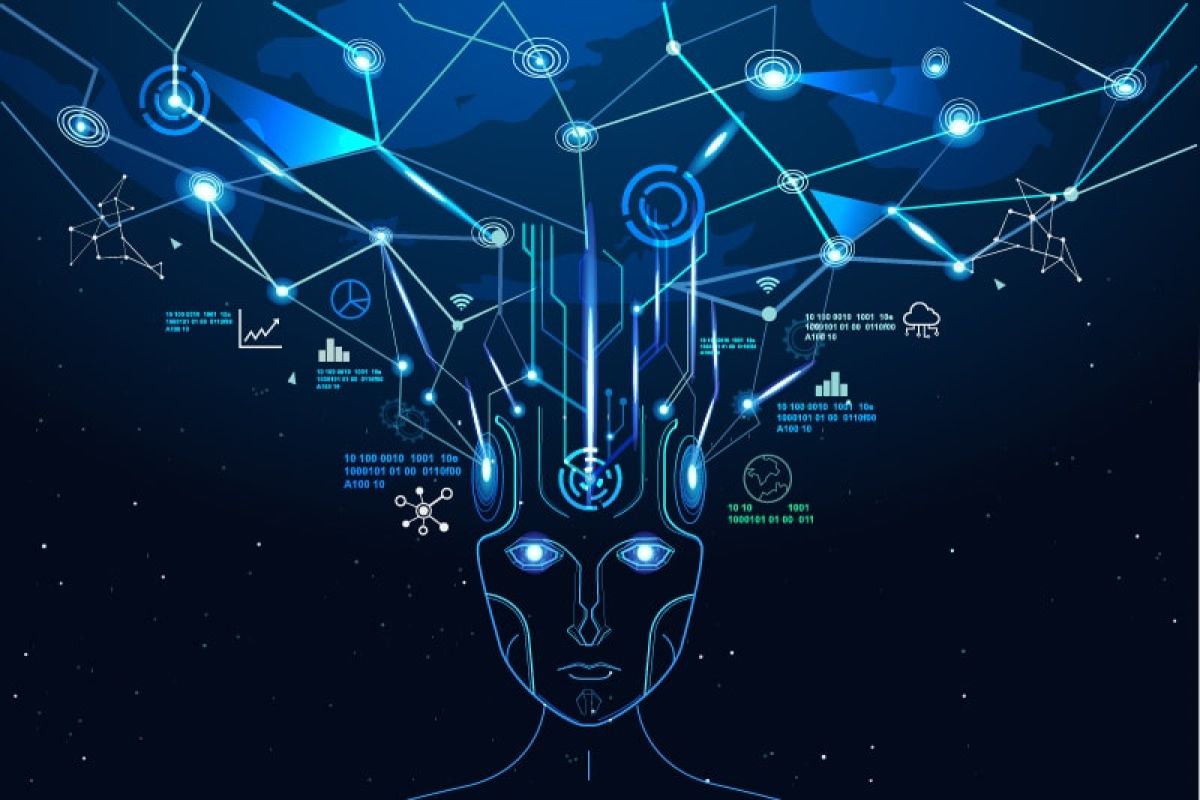AI in Teaching
By Zain Alden

Artificial Intelligence (AI) is fast becoming an integral part of our daily lives. It can now beat us in games, provide us with smart assistants, and drive us autonomously, so it’s hardly surprising it’s making an impact in the world of education. This week, I explore how AI may change the way schools and universities run in the future.
In marking and assessment
The university has already begun using automated marking for some assignments, especially for computer science. Although these marking methods do not use AI, this might be a stepping stone to its use in the future.
Back in January, the Office of Qualifications and Examinations Regulation (Ofqual) began to research this very possibility. Their main interest was using AI as a “second marker” in order to assist human markers and spot inconsistencies in paper grading. They even launched an AI competition to train a computer model to mark GCSE English language essay questions, which are notoriously subjective. Unfortunately, Ofqual received so much negative feedback they had already suspended their research by summer.
Providing help

Many bots have been generated since the beginning of the computer revolution, from dummies that only respond to basic commands, to their highly advanced counterparts. Education is a field that could benefit hugely from the application of bots, and some universities have already begun to explore this area.
One example comes from Staffordshire University, which in January 2019 introduced Beacon, in an attempt to increase student participation. This bot was designed to give information on student timetables, enable contact with personal tutors, and provide answers to 400 frequently asked questions.
Another example is Jill Watson, an AI teacher assistant designed by Ashok Goel from Georgia Tech University. ‘Jill’ responds to hundreds of messages from students in the discussion board of Goel’s masters-level AI class.
Showing support

University is sometimes stressful, and the huge number of students needing help puts an immense strain on counselling services and personal tutors. AI may provide some alternatives to these traditional help channels.
Georgia State University, for example, has created a chatbot to help combat the dropout numbers in enrolment by students. This bot provides tailored advice to students through a texting channel, and helped reduce student dropout numbers by 22%.
There seems little doubt that AI will soon develop capabilities that could revolutionise the university experience. However for some, it remains a controversial topic.
Who knows what the world of education will look like in 10, 20, 30 years’ time? All I know is that I’m excited to see it.







